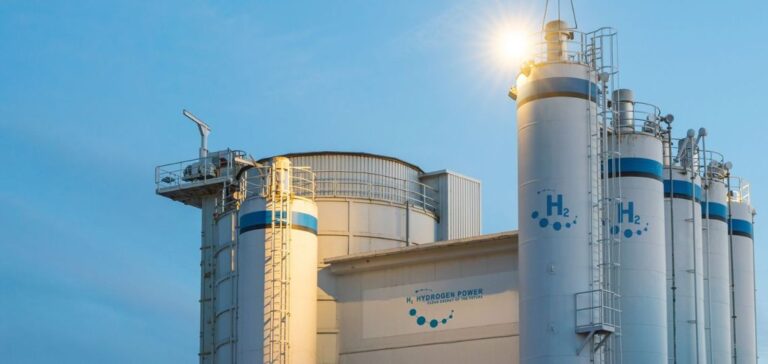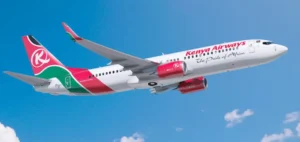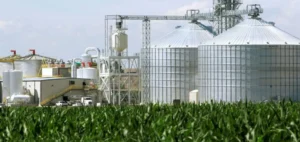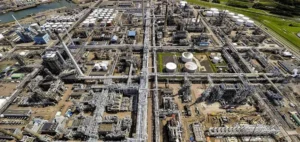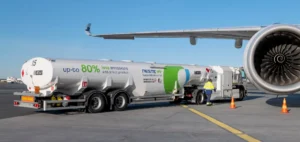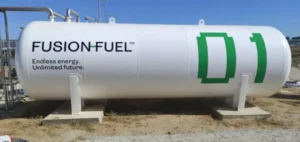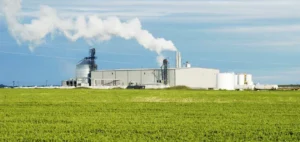Liquid Wind and Uniper recently announced the signature of a strategic partnership aimed at accelerating the development of eFuel production facilities, in particular eMethanol. This partnership combines the skills of both companies to optimize the production and commercial distribution of this alternative fuel.
Partnership objectives and strategies
The main aim of this partnership is to develop large-scale eMethanol production facilities, drawing on the technical skills and resources of each company. Liquid Wind will focus on plant development, while Uniper will supply the necessary electricity and purchase the eMethanol for commercial distribution. This partnership aims to reduce production costs, mitigate risks and strengthen the eFuels supply chain. The two companies will collaborate on various aspects, including plant development, electricity supply and eMethanol marketing.
Market Impact and Opportunities
As a major player in the European energy sector, Uniper sees eMethanol production as a key element in its energy diversification strategy. By teaming up with Liquid Wind, Uniper plans to strengthen its position in the alternative fuels market and contribute to the transformation of the energy sector. Produced by synthesizing hydrogen and carbon dioxide, eMethanol offers a competitive alternative to traditional fuels. This strategic partnership will enable both companies to capitalize on the growing demand for alternative energy solutions and develop a solid commercial offering for industrial customers.
Prospects and challenges
One of the main challenges of this partnership will be to ensure the profitable and sustainable production of eMethanol. To achieve this, Liquid Wind and Uniper will need to work closely together to optimize production processes and ensure efficient integration of the new plants into the existing grid. In addition, the regulatory framework for eFuels will need to be clarified and adapted to support the development of this emerging market. Both companies will have to navigate a changing regulatory environment and work with the authorities to promote favorable policies. The collaboration between Liquid Wind and Uniper marks an important milestone in the development of eFuels, and offers promising prospects for the future of the energy sector.


